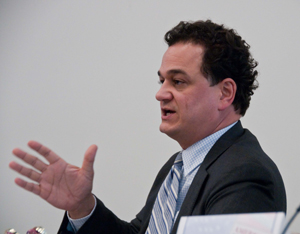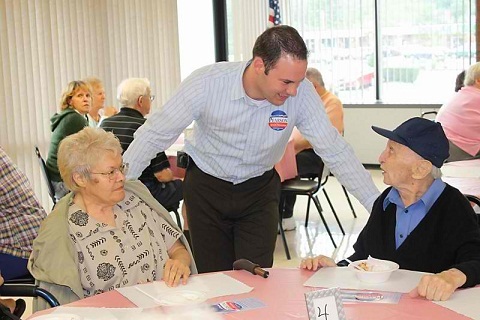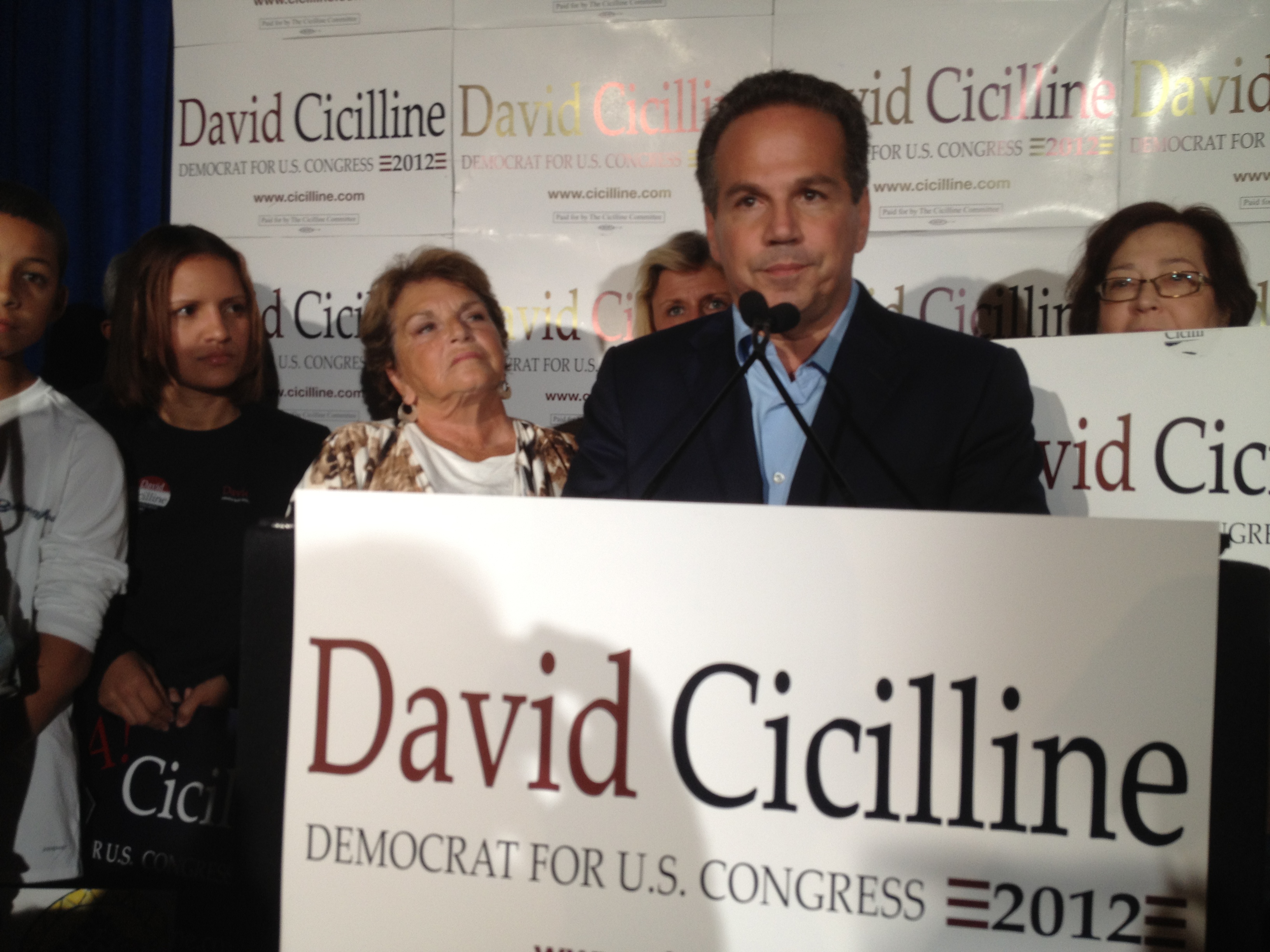 It seemed that just a few years ago the film and television industry was on the rise here in the Ocean State. Underdog, 27Dresses, and Showtime’s Brotherhood series were some of the more notable productions based here in Rhode Island.
It seemed that just a few years ago the film and television industry was on the rise here in the Ocean State. Underdog, 27Dresses, and Showtime’s Brotherhood series were some of the more notable productions based here in Rhode Island.
The studios liked Rhode Island for a number of reasons. Locations ranged from rural settings, ocean settings, beautiful urban locations and a variety of socio-economic backgrounds from Olneyville to the gilded age mansions of Newport. All of these natural assets could be reached within no more than a forty minute drive in any direction.
Furthermore, the tax credits offered by the state to the motion picture industry were attractive and competitive. They were simple and straightforward: 25% credit on all money spent on a motion picture process in the state. RISD students could put design skills to use. Brown/Trinity Consortium actors could find gigs that paid the rent and tuition and Rhode Island’s economy benefited greatly from the economic stimulus brought by the blossoming industry. The motion picture industry brought well paying jobs and well paid individuals spread that money in many directions: the domino effect of economic prosperity. Restaurants, hotels, real estate, catering, transportation all saw a boost in revenue and volume. Sound studios and cycloramas were built.
There was talk of Rhode Island being “Hollywood East.”
Anne Mulhall of LDI Casting, Rhode Island’s premier casting office for film and television, said that once the film credit was initially instituted, business was booming.
“LDI Casting had to hire staff and we moved to an office on Federal Hill,” she said. “Two and three and four projects at a time! Big Budget Films, TV Series, Indie Films and TV Specials.”
However, in 2009 when the tax credits were capped at $15 million, studios were more than willing to take their business elsewhere; to neighboring states that offered lower minimum spending requirements and no tax credit caps. Prior to the cap, there were multiple major productions occurring at any given time. After the cap the number of film and TV projects dwindled to one or two per year, if that.
Mulhall said
… Although we had never reached that cap, never giving away more than up to maybe $12 million in a banner year (not the norm), it is my belief that the image of a cap was daunting enough for out of state productions and unless they were guaranteed that that would be receiving credit on money spent, they would rather go to another location that LOOKED like Rhode Island, so Massachusetts was the next best thing. … Plus the fact that by this point 42 other states instituted film tax credits. Competition was heavy while at the same time we started to pull out of the race.
So, Rhode Island, a state that had for once been on the forefront of an economic wave, pulled back. Workers who had moved here – union, non-union, homeowners, taxpayers – with families and well paying jobs were out of those jobs and forced to leave the industry or the state. The state that is notorious for being economically reactionary, had been proactive and found a way to foil its own initiative.
Mark Fogarty, President of the Rhode Island Film Collaborative (RIFC: a registered 501(c) 3 organization), stated that an independently commissioned, non-biased study showed that the benefits of an uncapped system far outweighed the risks.
As Fogarty put it:
…the results overwhelmingly showed that film results in money being spent and taxes being collected. The biggest problem is people do not understand the way it works and assume the government is losing out on 25 percent of taxes. The reality is all it means is the person who purchases the tax credit will pay about five percent less taxes. That is five percent in exchange for millions of dollars being spent in the state. It is really a no lose situation.
Fogarty is a native Rhode Islander and founder of EXILE Movies. He wrote and directed the upcoming independent feature film smalltown. With a budget of under $100,000, he shot the majority of the film in nearby MA due to the fact that Massachusetts requires a minimum budget of only $50,000 to qualify for the credit instead of $100,000 that RI now requires. At the time Fogarty was filming, the minimum budget for tax credit qualification in Rhode Island was $300,000. That meant that all the purchases and rentals of materials as well as 80% of on location filming was done in Massachusetts despite his preference to have shot in RI.
Some of the confusion stems from the notion that a tax credit percentage means a reduction in that amount in direct revenue to the state. For example, a 25 percent tax credit on a $1 million budget would result in a loss of t$250,000 worth of tax revenue. That may be closer to the actual case in refunded tax credits. However, Rhode Island uses transferable tax credits. This means a wealthy investor or group can purchase the credit at a reduced rate, thereby dropping their taxes about five percent. This is preferred as a benefit to the state in that the loss of tax revenue due to the the tax credit incentive is well under the total revenue brought to businesses, individuals and, subsequently, tax revenue to the state.
Of course the weight of the ongoing 38 Studios fiasco looms heavily over any decision for lawmakers to take legislative measures to encourage businesses to come to Rhode Island. However, the tax credit laws for motion pictures, while they do encompass video games as part of the “motion picture” definition, guaranteed state loans are exempt from tax credit eligibility. Therefore, 38 Studios and scenarios similar to it would not fall into the same risk category that led to the state’s current legal nightmare and potential taxpayer black hole.
The question Rhode Island must ask itself is “is it too late?” Has Rhode Island just moved on to the next economic band-aid? Casino table games, perhaps? That may be a short term boost. But we can look at other states with strong casino based economies to find out how well that has worked. New Jersey and Nevada both have some of the highest levels of unemployment in the nation. Nevada is actually number one, with over 12 percent unemployment.
Or can the state resurrect a discussion of how to revive a once budding industry, clipped off by a frightened legislature and competitively forward thinking surrounding states? The vast majority of manufacturing is gone in Rhode Island. Barring a few companies still valiantly holding on to making things for sale in this state, manufacturing jobs have left and are not coming back. The motion picture industry was an interesting and promising replacement for the loss of the manufacturing industry and the economic ramifications were similar in statewide benefits.
The interest is still there. The Rhode Island Film Collaborative has a large membership and still hosts a number of strong programs ranging from classes to networking and sponsors productions for filmmakers determined to make films, documentaries, shorts, features, animated films and other motion picture related projects. For anyone interested in meeting and discussing this or any other film based topic (here comes the shameless plug) the annual Rhode Island Film Collaborative’s Black and White Gala is on Saturday, December 8th at 6:30PM at Mixed Magic Theatre in Pawtucket’s Hope Artiste Village. It goes until very late and features food, dancing, libations and many other prizes and surprises. The gala is the collaborative’s biggest fundraiser of the year and, for a nominal twelve dollar admission fee, all are welcome.
No one can argue that Rhode Island needs an economic renaissance. No one can say that a single idea or initiative is the solution. The problems are deep and multifaceted and so must be the solutions. However, the motion picture industry was an excellent boost while it lasted and, with some discussion, could be again.
As Anne Mulhall said:
Personally, I feel that if there are concerns about how the credit negatively affects Rhode Island economy…first, look at how it has BENEFITTED Rhode Island’s economy and small businesses before making any decision and second, change the criteria by which the is credit is offered, not the credit itself. I consider film making a manufacturing industry. If this is true, we are General Motors.
I hope we get to work in our home state again.




















